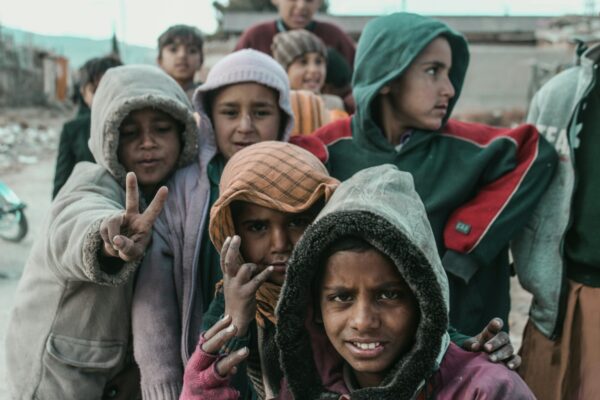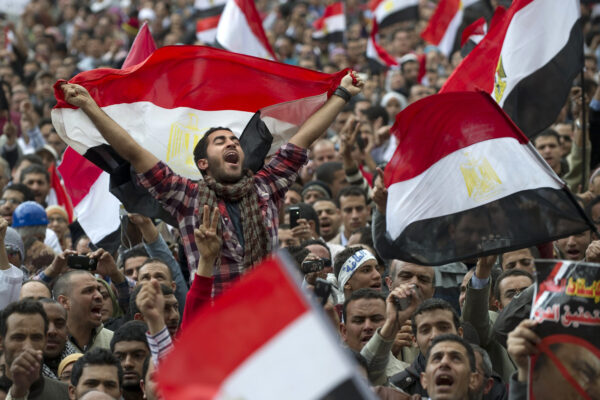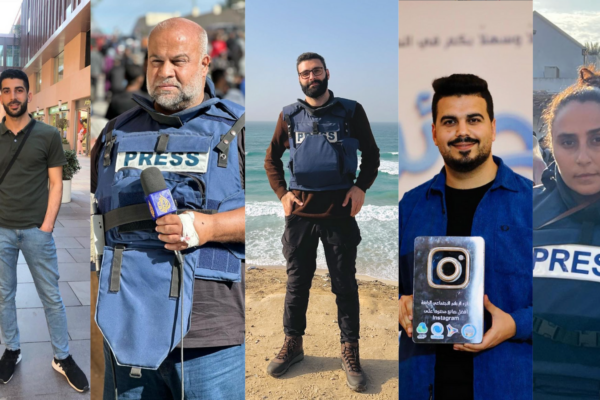Neoliberal extremists have used the mass media to spread Islamophobia to the masses.
Neoliberal extremists have used the mass media to spread Islamophobia to the masses.
Neoliberal movements, such as the American-led invasion of Iraq, have resulted in the dehumanisation and negative representations of people of the Middle East. That is, dehumanisation has occurred through violence and disrespect for their culture, and when a select few respond aggressively, the actions of this group are taken as representative of all of Islam.
In other words, beyond orientalism–whereby the West looked at Middle Eastern culture as something inferior–there is evidence that today the Western mass media is using the identity of radical groups such as the Islamic State of Iraq and Syria (ISIS) as the primary representative of those who live in the Middle East, or who follow the religion of Islam.
However, this is a dangerous game to play as it arguably has more severe consequences than just the marginalisation of Muslims. That is, it also leads to a perception that it is morally acceptable to attack people living in the Middle East, or Muslims living in the West, because of the threat they are supposed to pose.
Neoliberalism in practice defies democracy
Although in theory, neoliberalism propagates democracy and individual freedom, in practice, the opposite occurs. Western states that support neoliberalism have often used politics and military intervention around the world in order to maximise their own profit and have posed a challenge and/or threat to states that refuse to embrace the dominant neoliberal model. Thus, neoliberal fundamentalists, such as the US in many cases, end up defying democracy in order to spread neoliberalism to other countries. A true democracy would reflect what the majority of people want, but in a neoliberal approach, the focus is on what a minority of elite corporations want, which is an oligarchy rather than a democracy (Gould, 2008).
Neoliberalism has used state terrorism and extreme force in order to push its policies to other countries. As well as that, it has used the mass media as a propaganda tool in order to allow it to intervene in other countries. In this regard, Iraq constructs a good example, after the US bombarded Iraq, economic policies changed in Iraq and nationalisation was no longer the main economic policy (Klein, 2008). Neoliberalism took over and exploited Iraq even more and left it in shambles.
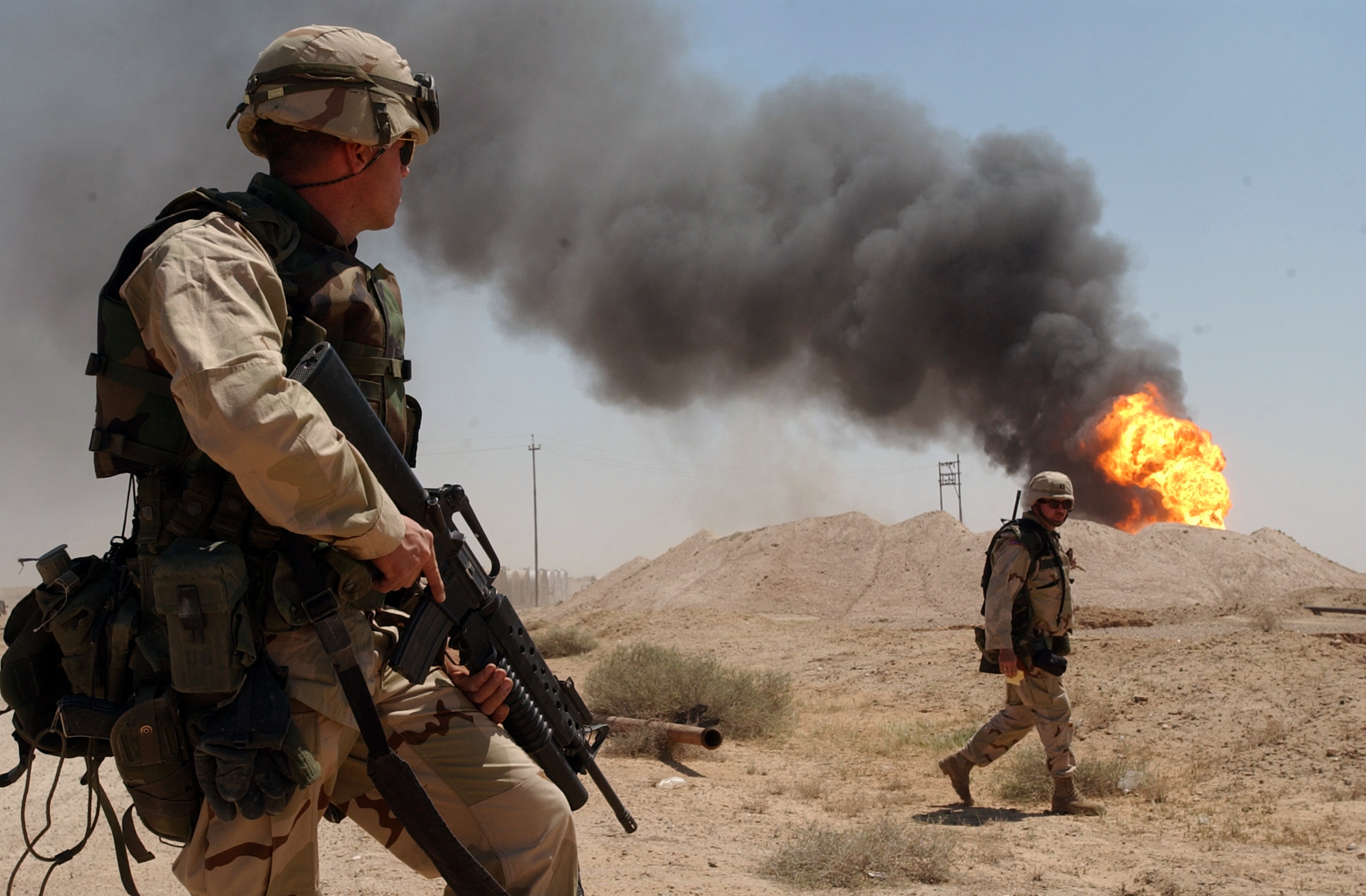
Also, the approach of spreading neoliberalism is being acted out in a fundamentalist, extremist form as the US has used brutal tactics such as military invasions and sanctions in order to coerce other countries to follow the neoliberal path. Those who fail to comply have also been demonised in the mainstream media as “evil” in order to justify extreme American foreign policies in different nations. For instance, Iraq’s Saddam Hussein was perceived as “evil” in the media when America wanted to invade Iraq, but he was not “evil” when he was an ally of the US before the war on terror began (Gregory, 2004). Libya’s Muammar Gaddafi endured a similar treatment.
This is linked to a tactic used by mainstream media in order to legitimise American extremism, namely dualism, which involves reducing those involved in any given conflict to two parties. For example, reducing the war in Iraq to a Sunni-Shia sectarian war without mentioning how the American invasion also played a role that escalated the conflict.
Simplifying a demographic
Another technique used by the media is Manicheanism; which is to display one side as “evil” and the other as “good” whereby Muslims are seen as “evil” and America is depicted as “good.”Also the tactic of “focusing on individual acts of violence while avoiding structural causes” and “focusing on the irrational without looking at the reasons for unresolved conflicts” (Steven, 2010) where the emphasis is only on the religious beliefs of individuals who carry out terrorist attacks without digging in-depth to the political, economic and social issues surrounding the conflict which influence it. For instance, the emphasis of American media channels such as CNN on ISIS as only a religious group that wants to build an “Islamic” caliphate without the mention of how the Western invasion of Iraq played a vital part on helping ISIS rise to power as admitted by the former British Prime Minister, Tony Blair (Chulov, 2015) .
Relatedly, the manner in which Muslims are portrayed in the media is simplistic, whereby distinctions between “the numerous Islamic sects, jurisprudential schools, hermeneutic styles, linguistic theories and the like” (Said, 1997) are seldom made. By doing this, neoliberal extremists can justify the targeting of numerous Islamic countries such as Iran, Iraq, Yemen, Libya and Pakistan–all of which speak different languages/dialects, have dissimilar belief systems/sects and are comprised of heterogeneous cultures–and paint the same label of fighting “Islamic extremism” whilst spreading neoliberalism as it reduces the diverse group of Muslim people into “the other”.
Some lives matter
Another aspect of this dehumanizing tactic is also used in Western media in order to portray Middle-Easterners in a bad light by stereotyping them and not having the same amount of news coverage when people lose their lives in that region as the mainstream media would if it was people from Western countries that had died. The result of this is that audiences start dehumanizing Muslims and seeing them as “the other” to the point where the lives of Muslims lost through foreign attacks or as collateral damage are seen as less important and somehow not newsworthy enough. For instance, the ISIS terrorist attack that occurred in Paris in 2015 was reported using entirely different language in comparison to the ISIS attack on Beirut during the same week. Although both targets involved civilians, most of the mainstream media reported the attack in Beirut as a target to a “Hezbollah neighbourhood”, despite the victims being innocent civilians including women, the elderly and children; they were reduced to dehumanized coverage and dismissed because they lived in a Hezbollah controlled area. In contrast, the Paris attack victims were humanized in the news as the coverage did not focus on “the ethno-religious makeup of the area attacked, but the civilian nature of the scene” (Ajaka, 2015), thereby making it easier to sympathize with them.
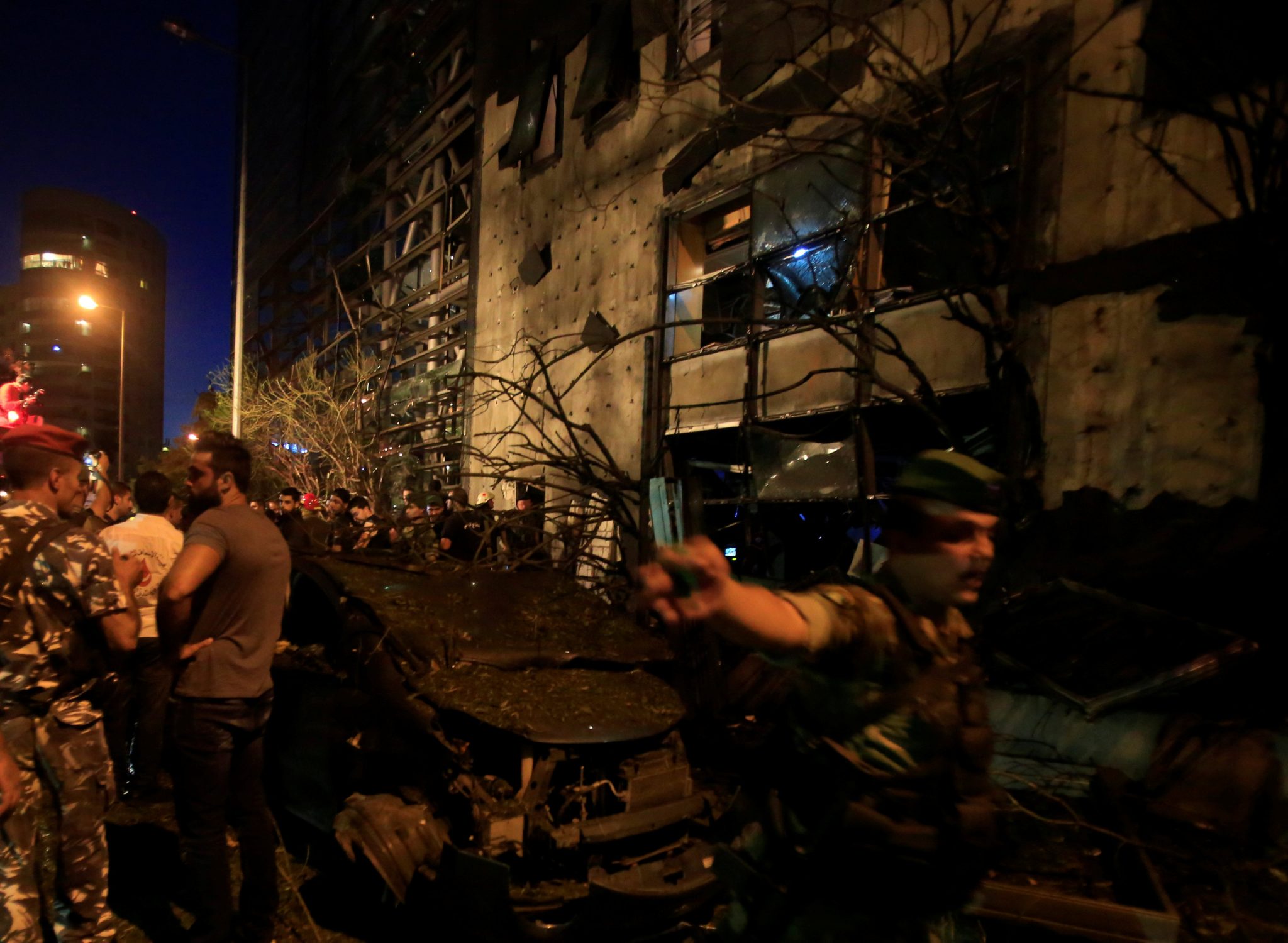
Furthermore, there was no explicit connection between the 9/11 attacks and Saddam Hussein, but the US invaded Iraq shortly after the 9/11 attacks although none of the 9/11 hijackers was Iraqi (CNN, 2013). This was possible due to the generalization of the entire Middle Eastern region as a place where the terrorists came from, without making the important distinctions between entirely different countries within that region. This generalization that reduces and simplifies the Middle East in a simplistic, homogeneous manner is strongly promoted by mainstream Western media.
The result
Unfortunately, as a result, Islamophobia has risen. Islamophobia is defined as “dread or hatred of Islam – and, therefore, to fear or dislike of all or most Muslims” (Tanya, 2014). Stereotyping and generalizing all Muslims into a narrow label by Western media outlets has led to general fear of Muslims in the Middle East as well as the West, as a 2015 survey found that fifty-five percent of Americans who participated in the survey, had an “unfavourable” view of Islam (Chalabi, 2015) and hate crimes against Muslims increased by seventy percent in London (Adesina & Marocico, 2015).
Also, a University of Cambridge study revealed that “mainstream media reporting about Muslim communities is contributing to an atmosphere of rising hostility toward Muslims in Britain” (Versi, 2016). And this hostility is extended to Muslims living in the Middle Eastern region whose death at hands of neoliberal terrorism it is deemed more or less acceptable.
What this amounts to is a neoliberal propaganda campaign in the media whereby Muslims or people from the Middle East are represented simplistically or unfairly as compared to other religious groups. This ensuing phobia of Islam has made a pathway for the Western neoliberal governments to further their neoliberal extremist tactics in the Middle Eastern region, such as toppling Gadhafi in Libya, drone strikes in Yemen, Afghanistan and Pakistan, intervening in Syria and Iraq, sanctioning Iran and more.
In short, neoliberal extremists have used the mass media to spread Islamophobia to the masses in order to let them continue coercing their agendas in Muslim countries with minimum accountability and maximum exploitation of resources for themselves. The more they do so, the more this message becomes normalized through the uniformity of discourses across several platforms, such as popular news channels and the entertainment industry. The more this message normalizes, the more Islamophobia becomes normalized as a result.
References:
Ajaka, N., 2015. Paris, Beirut, and the Language Used to Describe Terrorism. [Online]
Available at: http://www.theatlantic.com/international/archive/2015/11/paris-beirut-media-coverage/416457/
[Accessed 20 April 2016].
Chalabi, M., 2015. How anti-Muslim are Americans? Data points to extent of Islamophobia. [Online]
Available at: http://www.theguardian.com/us-news/2015/dec/08/muslims-us-islam-islamophobia-data-polls
[Accessed 19 April 2016].
Chulov, M., 2015. Tony Blair is right: without the Iraq War, there would be no Islamic State. [Online]
Available at: http://www.theguardian.com/world/2015/oct/25/tony-blair-is-right-without-the-iraq-war-there-would-be-no-isis
[Accessed 3 May 2016].
CNN, 2013. September 11th Hijackers Fast Facts. [Online]
Available at: http://edition.cnn.com/2013/07/27/us/september-11th-hijackers-fast-facts/
[Accessed 17 April 2016].
Gould, B., 2008. Who voted for the markets?. [Online]
Available at: http://www.theguardian.com/commentisfree/2008/nov/26/economy-marketturmoil
[Accessed 2 May 2016].
Gregory, D., 2004. The colonial Present- Afghanistan- Palestine- Iraq. Oxford: Blackwell Publishing.
Klein, N., 2008. The Shock Doctrine: The Rise of Disaster Capitalism. New York: Picador.
Said, E., 1997. Islam as News. In: Covering Islam-How the media and the experts determine how we see the rest of the world. London: Vintage.
Steven, P., 2010. The No-Nonsense Guide to Global Media. Oxford: New Internationalist.
Tanya, B., 2014. What Does ‘Islamophobia’ Actually Mean?. [Online]
Available at: http://www.theatlantic.com/international/archive/2014/10/is-islamophobia-real-maher-harris-aslan/381411/
[Accessed 19 April 2016].
Versi, M., 2016. The Independent. [Online]
Available at: http://www.independent.co.uk/voices/why-the-british-media-is-responsible-for-the-rise-in-islamophobia-in-britain-a6967546.html
[Accessed 3 May 2016].
